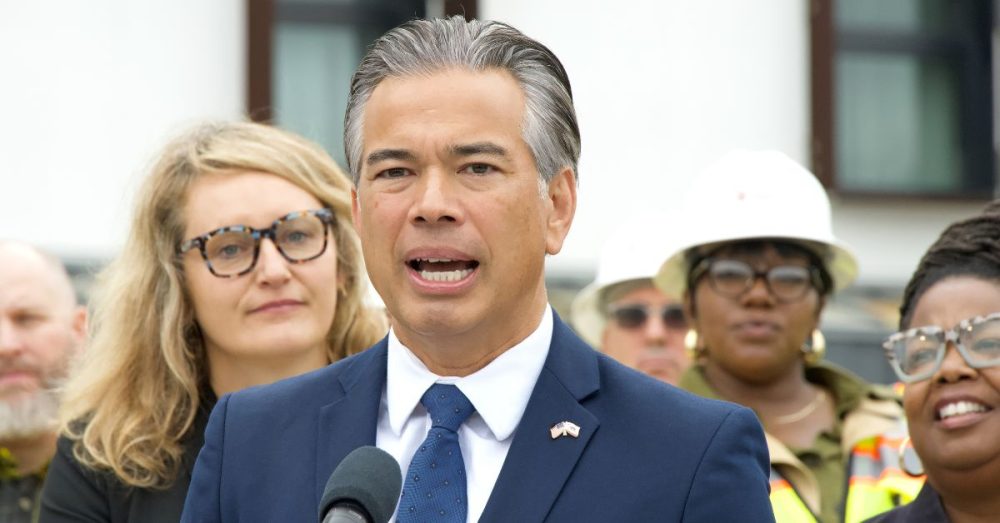California Attorney General Rob Bonta has urged residents to report state and local agencies that violate laws limiting cooperation with federal immigration enforcement. In a statement on December 4, Bonta reinforced the protections established under Senate Bill 54, the 2017 California Values Act, which prohibits state and local resources from being used to assist federal immigration authorities. The appeal comes as President-elect Donald Trump plans to ramp up deportations, renewing concerns among state officials about safeguarding undocumented immigrants. Bonta insists that fear of deportation must not prevent immigrants from accessing essential public services.
Bonta’s announcement included guidance for public institutions like libraries, healthcare facilities, and courts to craft policies that shield immigrants from federal enforcement actions. These institutions are advised to resist federal requests without a court-issued warrant, reinforcing a stance that prioritizes state autonomy. For example, immigration agents presenting administrative warrants may be denied entry. This policy aims to protect the estimated 1.8 million undocumented immigrants residing in California, ensuring they feel safe seeking public services without fear of detention or deportation.
The attorney general’s office argues that cooperation with federal immigration agencies undermines trust between immigrant communities and public institutions. According to the guidelines, such cooperation diverts state resources and creates confusion over accountability. Courts are encouraged to create policies that limit the presence of Immigration and Customs Enforcement (ICE) agents in facilities. Additionally, they are advised to minimize in-person court appearances for immigrants and avoid penalizing those who miss hearings due to fear of federal enforcement. The use of pseudonyms for witnesses and victims is also recommended to protect identities.
These measures have sparked pushback from federal officials aligned with Trump’s immigration agenda. Tom Homan, the incoming border czar, warned state agencies against obstructing federal enforcement. During a recent press conference, Homan declared that aiding undocumented immigrants to avoid deportation is a felony. He promised large-scale deportations to address what he described as an immigration crisis. Homan’s comments reflect the incoming administration’s hardline stance and highlight the potential for conflict between federal priorities and California’s policies.
Governor Gavin Newsom also weighed in on the issue, expressing concerns over the economic fallout of mass deportations. He noted that nearly half of California’s farmworkers are undocumented, and widespread deportations could severely disrupt the state’s agricultural sector. Newsom maintained that while California does not interfere with federal enforcement using its own resources, the state has a duty to protect its residents. His remarks emphasize the delicate balance between supporting federal law enforcement and preserving the state’s economic stability and social fabric.
The divide between federal and state authorities reflects broader national tensions on immigration policy. The Trump administration’s stance on mass deportations has been supported by voters who view immigration enforcement as a priority for national security and economic stability. Trump’s transition team pointed to his election victory as a mandate to carry out these policies. In contrast, California’s leadership remains committed to upholding the rights of immigrants and limiting cooperation with federal agencies. This clash sets the stage for potential legal battles and ongoing political strife.
As Bonta’s office continues to promote these guidelines, the response from residents and state institutions will be critical. The attorney general has encouraged public employees to document interactions with federal agents and seek legal counsel before complying with any immigration-related requests. This effort to protect immigrant communities underscores California’s commitment to its “sanctuary state” policies, even as federal enforcement actions are poised to intensify. The coming months are likely to see heightened scrutiny and resistance as these policies are tested.


